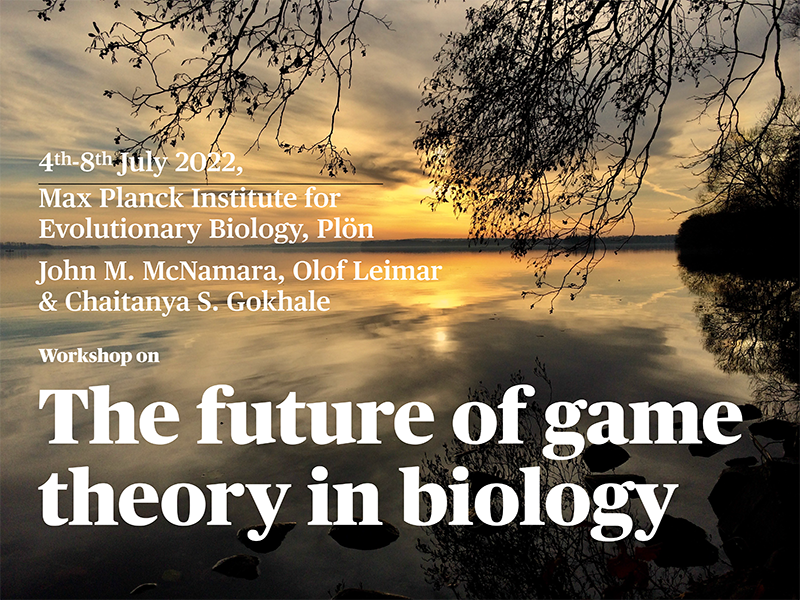Speaker
Description
Since its origin, evolutionary game theory has dealt with syndromes of behavioral and morphological traits in phenotypic models of adaptive evolution. Sneaky male mating
strategies, for example, require both the lack of masculine ornamentation and special behaviors to avoid fighting with dominant males. Due to an almost obsessive focus on mixed
strategy equilibria, many early attempts to explain the coexistence of alternative syndromes remained silent about the actual switching mechanisms that induce one or the other
alternative. If, however, one takes these mechanisms into account, this can dramatically change the perspective on adaptive evolutionary processes. My talk, therefore, describes
forward looking ways to empirically and theoretically investigate switching mechanisms that operate, for example, in the ecological context of structured populations. As part of this endeavor, I highlight the strong ties between evolutionary game theory and kin selection. In my view, the careful fusion of these two lines of evolutionary thought, as well as a genuine concern for mechanistic detail, seem to be essential for the future of game theory in biology. Needless to say that a deeper look at mechanistic detail will raise many new questions. Some of these questions will center around the problem of agency: who sets the switches and how?
Microbial symbionts are certainly involved in operating switching mechanisms of their hosts.
Some microbes can even reverse the process of sexual differentiation and turn genetic males into functional females. Conventional sex ratio theory did not capture this phenomenon and needed to be ‘patched’. As to future research, transplanting the gut microbiota from one
organism to another is a promising experimental technique to demonstrate the impact microorganisms have on behavioral syndromes and to provide evolutionary game theory with
new "food for thought".

